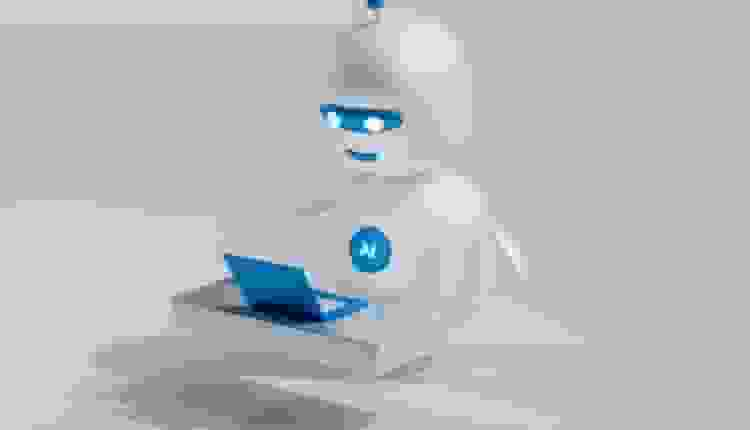
The respected scientific journal Nature announced in an editorial on Wednesday that it will not publish any images or films created with generative AI techniques.
The publication’s concerns about research integrity, consent, privacy, and intellectual property protection are reflected in the prohibition as generative AI technologies become more commonplace in science and the arts.
No AI Images or Video in the Name of Research Integrity
Nature, which was established in November 1869, publishes peer-reviewed studies from a variety of academic fields, mostly in the fields of science and technology.
It is among the most widely read and respected scientific magazines on the planet.
The recent decision by Nature on Artificial Intelligence artwork, according to the company, was the result of months of heated talks and deliberations that were sparked by the growing acceptance and developing capabilities of generative Artificial Intelligence tools like ChatGPT and Midjourney.
For the foreseeable future, Nature will not be publishing any content in which pictures, films, or graphics have been entirely or partially made by generative AI, according to a piece the journal claimed to be it’s own.
Another obstacle to using generative Artificial Intelligence artwork responsibly in a research magazine, according to Nature, is the habit of giving credit for preexisting works, which is a fundamental scientific tenet.
It is challenging to attribute AI-generated art because the visuals often result from millions of photographs being fed into an AI model.
This fact also raises consent and permission-related difficulties, particularly when it comes to individual identity or intellectual property rights.
Read more: IRS Announcement: NIL Collectives Excluded From Tax Exempt Category
Copyright Concerns, Falsehoods

Again, according to Nature, generative AI fails in this area because it habitually trains using works that are copyright-protected without first securing the required permits.
The newspaper cites deep fakes as hastening the spread of misleading information, then there is the issue of lies.
Nature is not entirely opposed to the employment of AI tools, though. The journal will nevertheless allow the insertion of the text created by generative AI like ChatGPT as long as the relevant disclaimers are used.
The methods or acknowledgments part of a manuscript must specifically state how these large language models (LLM) were used.
Also, authors are required to cite all sources for data, including data produced using Artificial Intelligence aid.
But, the publication is adamant that no LLM tool will be acknowledged as an author on a research paper.
Read more: Embracing The Future: The Apple Vision Pro Marks The Milestone Transition Into The Post-IPhone Era

